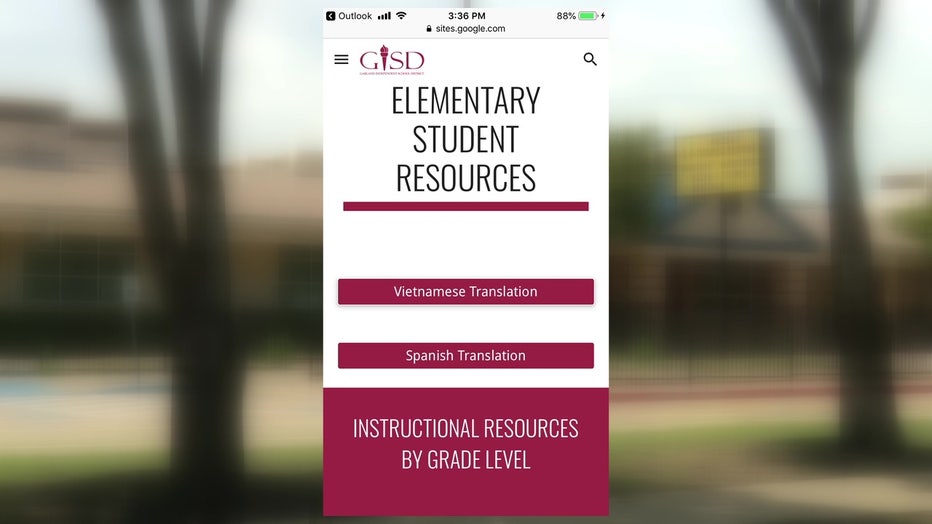
Some Rare Descendants of Ab-Ram Living
In the Nadowli District of the Upper West Region of Ghana, there exist the little known twin settlements of Saa-Sabalah located near the east bank of the Black Volta, some twenty or so kilometers from Nadowli, the District capital. Saa-Sabalah is home to my great-grand father Sampunor, grand-father Ahra, his jocular cousin Bara, of whom a poem in Dagara (aka Dagaar), the language of the area has been composed to his everlasting memory, and my father Bongle Ahra.
Here, was yours truly sent from Sefwi Kokokrom in today’s Western North Region of pre-independence Ghana where he was born, to live with his paternal uncle Bapuohyele in the year 1963 when at the tender age of ten.
Those were days when life among the people in the fifty or so households that formed the community of Saa-Sabalah at the time, was lovely and pure since everyone cared about the other and the environment itself exuded the purity of the Creator which was yet to be tainted with Caucasian lifestyle or with Canaanite Christianity today revealed to me as pure idolatry.
As I walked the five kilometers from home to school in Mwindarl daily, very much determined to learn English to the highest level I could, I had no iota of thought in my mind that English was a Canaanite language and that my own tribal language of Dagara, which is closer in nature to Ghabaray or paleo Hebrew than Canaanite English, would later in life give me a better understanding of my spiritual origin and identity than English could. In fact, it now seems to me that the English I learned was designed to forever conceal my very identity from me and all mankind too.
And so, when, toward my last days on Earth I started to learn Ghabaray, I came to the realization that anyone who ever spoke this language (Ghabaray) on Earth was a holy man who walked in righteousness in the sight of the Creator and that such men were all descendants of holy Ab-Ram.
Learn more about this topic by reading this article on Modern Ghana.
After reading “Some Rare Descendants of Ab-Ram Living” you can check important issues for ESL teachers on the section PDFs.









